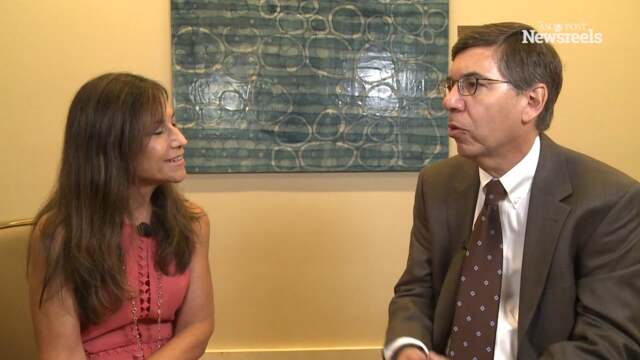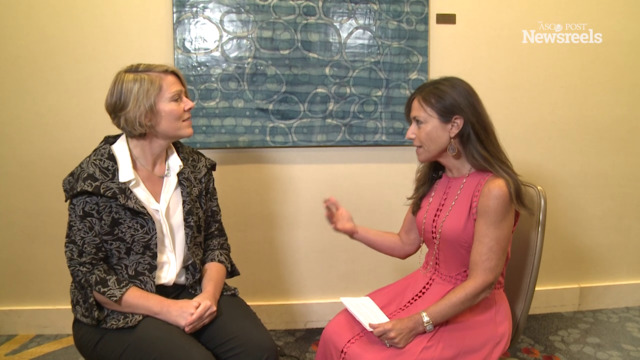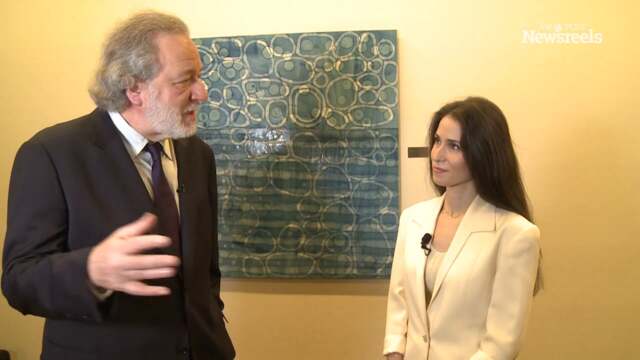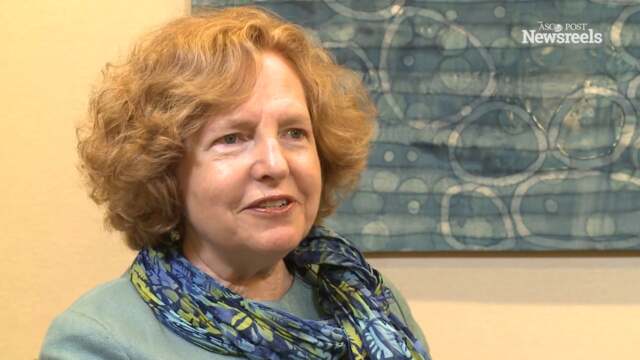Patricia A. Ganz, MD, on Incorporating Psychosocial Services for Quality Cancer Care
2015 IPOS APOS World Congress of Psycho-Oncology
Patricia A. Ganz, MD, of the University of California, Los Angeles, discusses the Institute of Medicine report on patient-centered care, its relation to psychosocial services, and the role IPOS/APOS members can play.
Related Videos
Lori Wiener, PhD, DCSW, LCSW-C, and Paul B. Jacobsen, PhD
Lori Wiener, PhD, DCSW, LCSW-C, of the National Cancer Institute, and Paul B. Jacobsen, PhD, of the Moffitt Cancer Center, discuss the highlights of this year’s meeting, which for the first time brings together the international and American psychosocial oncology societies.
Jeff Dunn, AO, PhD, GAICD
Jeff Dunn, AO, PhD, GAICD, of the Cancer Council Queensland, discusses reducing the burden of cancer on individuals and communities.
Lori Wiener, PhD, DCSW, LCSW-C, and Karen Fasciano, PsyD
Lori Wiener, PhD, DCSW, LCSW-C, of the National Cancer Institute, and Karen Fasciano, PsyD, of the Dana-Farber Cancer Institute, discuss the challenges of the art and science of psycho-oncology.
Allison J. Applebaum, PhD, and William S. Breitbart, MD
Allison J. Applebaum, PhD, and William S. Breitbart, MD, of Memorial Sloan Kettering Cancer Center, discuss the early days of this new treatment for despair and distress in cancer patients.
Julia H. Rowland, PhD
Julia H. Rowland, PhD, of the National Cancer Institute, discusses the growing number of promising interventions to improve health and function for those living with and beyond a cancer diagnosis, as well as those who care for and about them.





